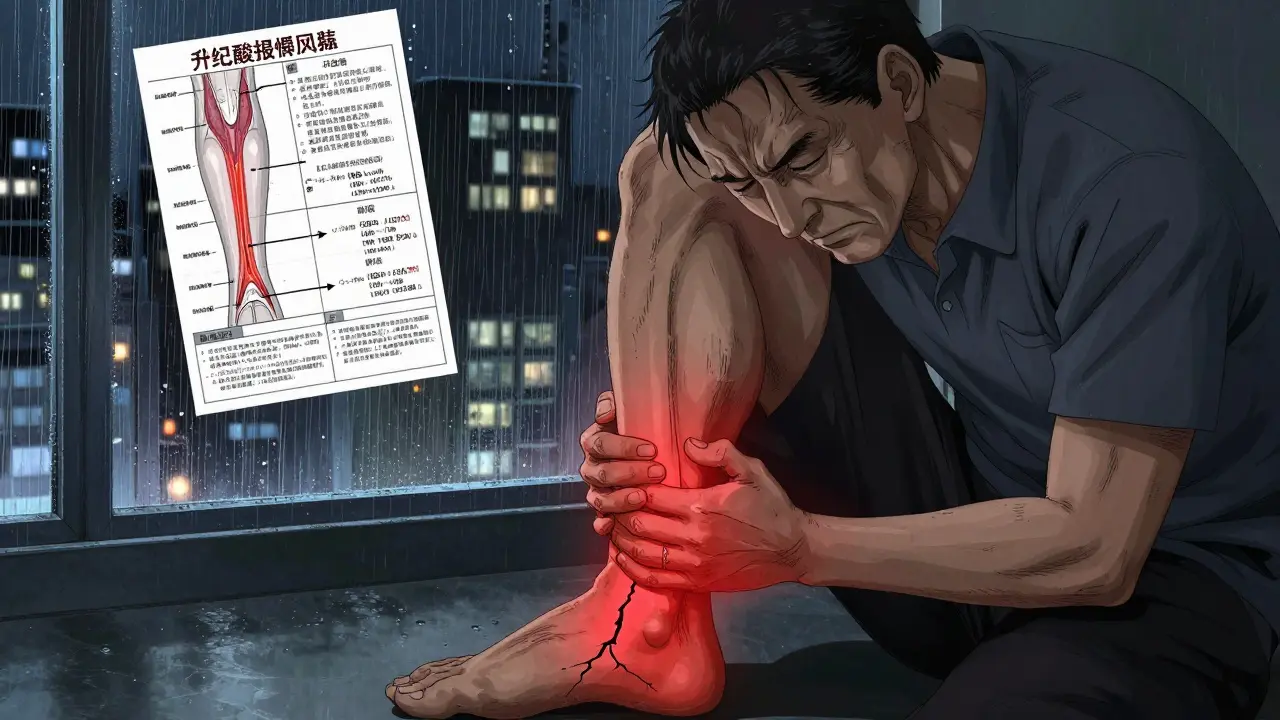Migraine Treatment: What Really Helps
Got a migraine? You know how fast it can ruin plans and leave you stuck in the dark. The good news is there are clear, safe ways to cut the pain and stop the throbbing before it takes over. Below you’ll find the most useful meds and everyday habits that actually work.
First up, quick‑relief medicines. These are the ones you grab at the first sign of an attack. Over‑the‑counter NSAIDs like ibuprofen or naproxen are often enough for mild to moderate pain. If you need something stronger, triptans such as sumatriptan work fast by narrowing blood vessels that cause the headache.
When migraines hit often, doctors talk about preventive drugs. They’re taken daily, not just when pain starts. Common choices include beta‑blockers (propranolol), anti‑seizure meds (topiramate), and certain antidepressants (amitriptyline). These aren’t a cure, but they can lower the number of attacks you have each month.
Common Migraine Medications
Triptans are the most popular prescription for moderate to severe migraines. They come as tablets, nasal sprays, or injections. Most people feel relief within 30‑60 minutes. If triptans don’t help, your doctor might suggest a CGRP inhibitor – a newer class that blocks a protein linked to migraine.
NSAIDs are cheap, easy, and work well for many people. Take them with food to protect your stomach. If you have heart or kidney concerns, talk to a pharmacist before using them regularly.
Lifestyle Strategies to Reduce Attacks
Medication isn’t the whole story. Tracking triggers can save a lot of headaches. Keep a simple diary of what you eat, sleep, and stress levels. Common culprits are caffeine, processed cheese, and irregular sleep.
Good sleep hygiene – a consistent bedtime, dark room, no screens for an hour – helps keep the brain’s chemistry stable. Staying hydrated and getting light exercise, like a brisk walk, also lowers the odds of an attack.
If you notice a pattern, adjust your routine before the migraine strikes. Small changes add up, and many people find they need fewer pills when they control what sets off the pain.
Finally, know when to see a professional. If you have more than four attacks a month, if pain lasts over 24 hours, or if over‑the‑counter meds stop working, book an appointment. A doctor can fine‑tune your treatment plan and rule out other conditions.

Rizact: Uses, Dosage, Side Effects & Tips for Fast Migraine Relief
Rizact (rizatriptan) is a fast-acting prescription medicine for migraine attacks. Learn about its uses, dosages, side effects, and real tips for safe use.




